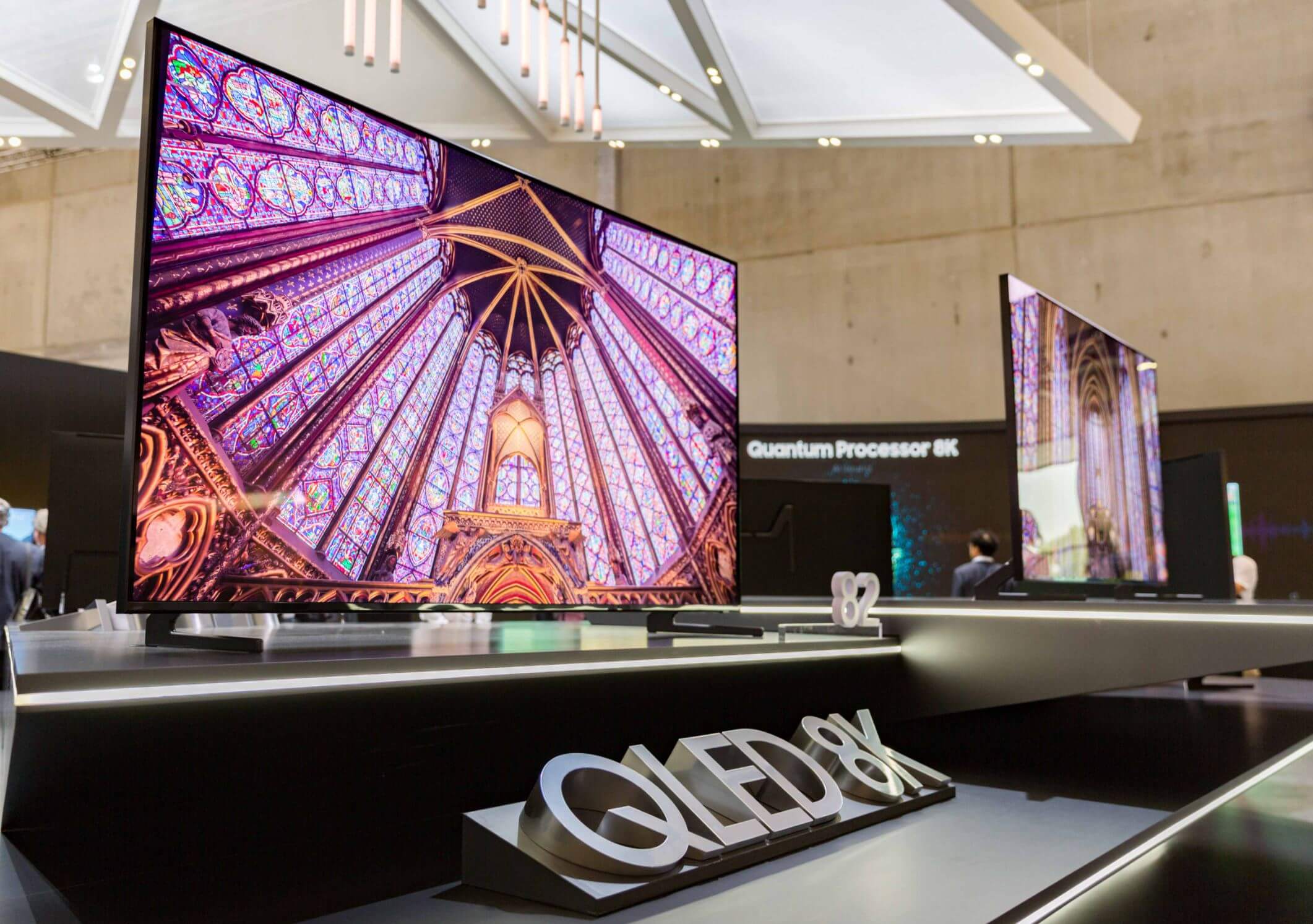What just happened? Do you own a Samsung QLED TV? If so, the company is advising that you regularly check for malware using its built-in virus scanner. Unsurprisingly, this hasn’t gone down well with most people.

Samsung’s official Twitter account posted that scanning for ‘malware viruses’ is important to keep it running smoothly. “This also is true for your QLED TV if it's connected to Wi-Fi!” it added. The tweet included a video showing how to perform this process, which involves going to General Settings > System Manager > Smart Security > Scan.
Scanning your computer for malware viruses is important to keep it running smoothly. This also is true for your QLED TV if it's connected to Wi-Fi!
— Samsung Support USA (@SamsungSupport) June 17, 2019
Prevent malicious software attacks on your TV by scanning for viruses on your TV every few weeks. Here's how pic.twitter.com/7hWUfJwy1K
Update (12pm ET): Samsung has now deleted the somewhat controversial tweet. That doesn't make it any less relevant or accurate however.
Samsung suggests carrying out this slightly arduous task every few weeks, which many people are unlikely to do. We don’t know whether the tweet was prompted by a recently discovered threat, though there’s been no news of any new potential security vulnerabilies.
Experts have long warned that smart TVs are a ripe target for hackers, and in 2016, we saw an example of an LG smart TV infected with a version of the Cyber.Police ransomware, though LG’s instructions on how to perform a factory reset fixed the issue.
While Samsung TVs have had the ability to scan for malware for a few years now, this is the first time the company has recommended performing a manual scan every few weeks.
Aren't your operating systems based on Linux? Do you just give root access to whoever asks for it on whatever device? Why am I having to worry about the security for an operating system that requires me to enter my root password to install anything?
— Misinko (@Mr_Misinko) June 17, 2019
Back at the start of the year, Samsung announced it was extending its contract to have McAfee antivirus software pre-installed on all its smart televisions produced in 2019.
Twitter has been awash with responses to Samsung’s suggestion, with several users asking the obvious question: why isn’t the virus scan performed automatically?
Not sure where to start... that this is needed in the first place, or that it isn’t done automatically. And could a virus subvert this scan? This TV isn’t sounding so “smart” or “intelligent” #InternetOfShit
— Ken Brucker (@KnBrckr) June 17, 2019
https://www.techspot.com/news/80540-samsung-tells-owners-qled-tvs-manually-scan-malware.html